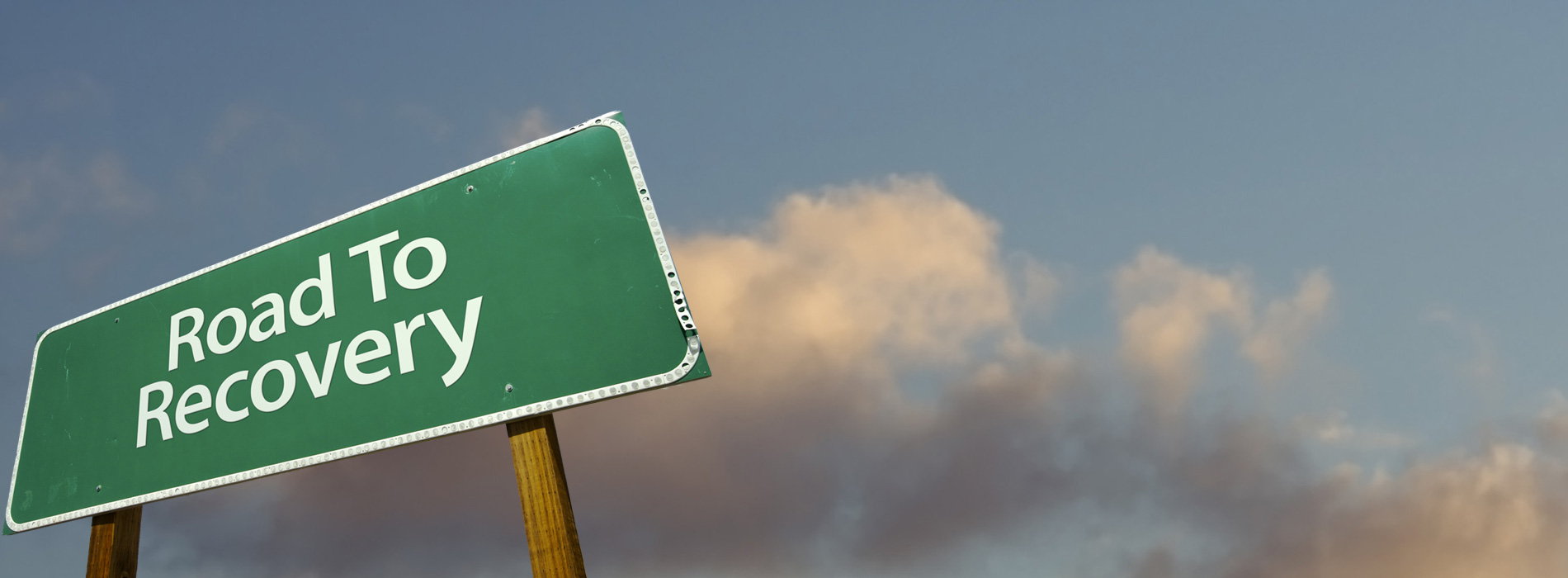
Controlling Triggers and Avoiding Cravings
Learning to control your triggers and knowing how to cope with cravings from drugs and alcohol is the true key in being successful to your recovery. This step takes considerable willpower, and this is where you will find out how committed you are to tackle your addiction to drugs and alcohol. How you see your cravings will tell you how much power the addiction has over your life. You need to have positive thinking and believe that these cravings are only temporary thoughts that will go away as fast as they began. This is where the cognitive component plays a huge part in your recovery./p>
Types of Cravings
During the initial recovery stage, one needs to learn to avoid those situations that may trigger cravings for drugs and/or alcohol. This will be an important skill you will learn to implement into your daily life. There are basically four types of cravings:
- ● Dealing with withdrawal symptoms
- ● Turning away from your disagreeable feelings such as anxiety or depression.
- ● Learning to deal with different associations that can cause cravings.
- ● Having better thoughts to encourage positive moods.
These types of cravings are not easy, and they make it difficult to keep moving forward. Recovery from drugs and/or alcohol takes time, so think and believe that you can get through the moments of weakness. Also, learn how to recognize the signs or triggers that enhance your cravings for drugs and alcohol.
Avoiding Triggers
Triggers can be almost anything. They include celebrations, going out to dinner, going to see a band play at a bar, opening a drawer filled with drug supplies or bottles of liquor, or even too much free time on your hands. You need to learn to avoid these situations or cope with them by doing other things that would interfere with a successful recovery. This is where understanding what your triggers are, why you crave drugs and/or alcohol, and how use of a substance can affect the rest of your life. The answers to these questions are vital to this step in recovery and to prevent relapsing back into your old habits of using drugs and alcohol.
The main strategy for avoiding triggers is to “understand, avoid, and deal.” Create an effective strategy when dealing with things that trigger the urge for drugs or alcohol. Instead of turning back to the problem, leave the area that reminds you of the days you drank or took drugs by going to a safe place or talking to a sponsor or friend that has been in the same situation you are in always helps.
Talking with someone that isn’t in recovery might not be the answer. This is because an he or she is not trained in dealing with additions and does not usually have the knowledge to help an addict at the most critical moments. Addicts without many friends may want to call on a professional help line to speak to trained therapists in the drug or alcohol fields of counseling. Remembering why you are at this point of recovery is crucial to success. Dealing with the cravings is a daily part of your recovery and will always be a part of the journey to living a health drug- and alcohol-free life.

